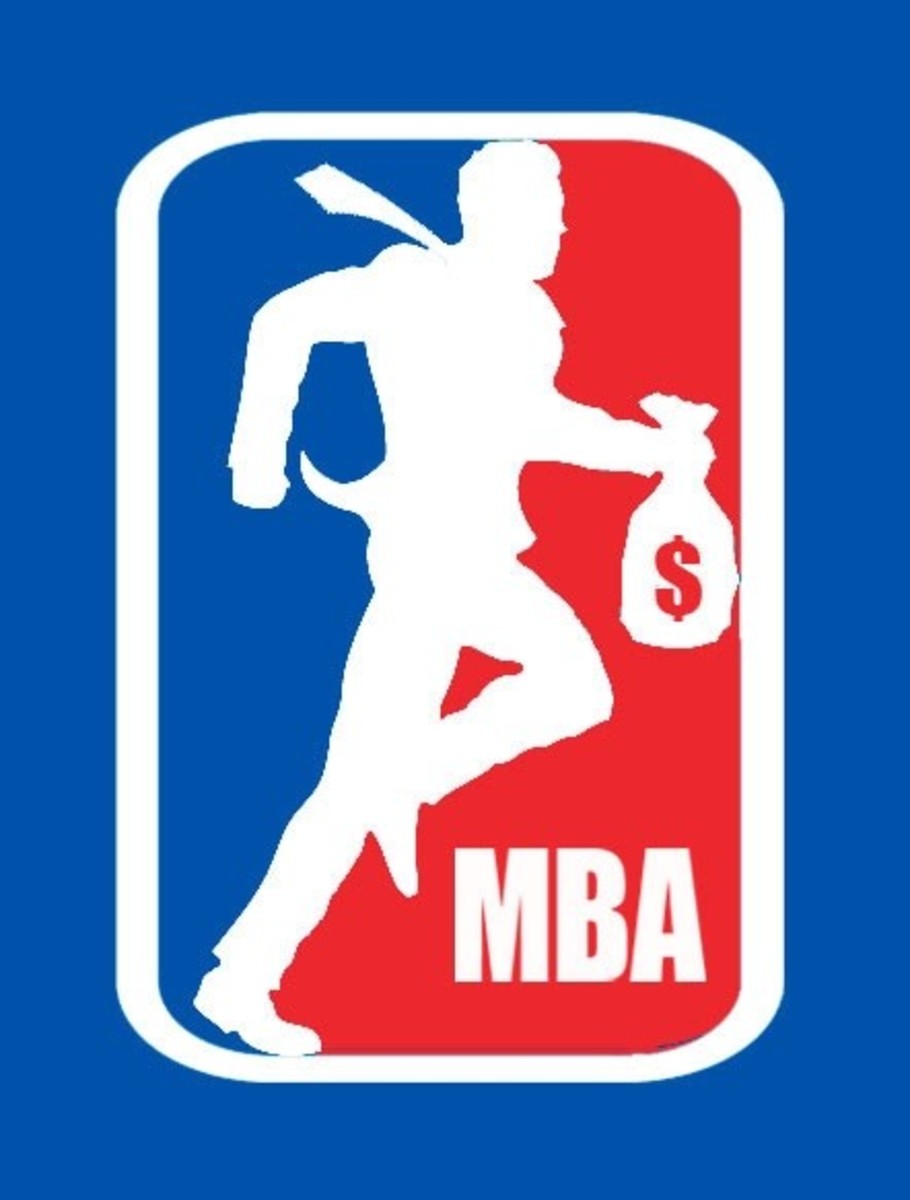Books on the Top

Source
Safeguarded Brains
Books lined the pristine classroom packed with stellar lighting and eager minds. One title read Astrophysics in the Modern World by Herbert Clarence. Another read The Literary Stylings of Rupert Hedwig by Marcus Fently. From the corner of the room, a child named Demario Drew wearing a freshly starched brown and teal uniform with a crisp tie and neatly pleated pants listed the names of the titans of literature. After each name, he listed their most remarkable work: Dennis Redgrove’s The Cordial Fellow and Eliza Malley’s Delicate Days reached the top of the list. The magnate of this operation, Mr. Tré Devington studied each eight-year-old through twelve-year-old in his classroom as a cockerel governs his roost. Only he safeguarded brains. At just 34 years of age, Devington became one of the few male teachers of elementary school students in Wilmington, Delaware. And he happened to teach at the education center he founded from the earnings he generated as a Wall Street analyst. Dubbed The Academy of Bright Scholars (TABS), the school offered a curriculum that delved into the mass of Gliese 581 c, the grammatical structure of a sonnet, the recognition of parabolas, and the history of East Kolkata. But business dominated the classroom discussion.
The Correct Answer
“What is the meaning of an ROI?” Devington asked.
The entire class of 15 students lifted their hands. Palisha Wist elevated her hand and waved it in the air emphatically.
“Yes, Miss Wist. Do you have an answer?” said Devington.
“Yes, sir. The correct answer is return on investment,” Palisha said.
“Very good, young lady,” Devington said.
“And now class, what is the lavender news publication which covers the world of finance?”
Again, hands shot up like rockets launched from Cape Canaveral. Mr. Devington called upon a student.
“Mr. Claxbury, you’ve been waiting a while to be called on. What do you have to say, young man?”
“The Pecuniary Pages,” Bentley Claxbury responded.
“You are so smart. That is correct. The Pecuniary Pages covers all matters of the economy and local, national, and global businesses,” Mr. Devington said.
A Master of Destiny

Source
Reach
As a private institution, TABS deviated away from the government schools rife with red tape and bureaucracy. Mr. Devington insisted that the school be a non-profit so that he could receive private donations and have the students enroll tuition free. The plan allowed the students to learn in an environment that engendered a sense of accomplishing goals and stick-to-itiveness. Though chided and look down upon as retarded and slow learners, the students of Mr. Devington’s class excelled. Their tenacity when faced with a given algebra equation, plotline of a novel, or the relation of a nucleus to an electron shone through with every lesson.
Detractors, of course, arose. They bad-mouthed Mr. Devington’s leadership skills and found him unfit to teach youths. They said that some “greedy” Wall Street guy should be kept away from children who needed the government to teach them. Devington displayed his credentials. With the possession of a master’s degree in economics and six years of experience in the financial sector, Devington studied Internet videos on how to best instruct young minds. He spent hours sharpening his own mind and developing strategies that would allow him to impart his knowledge. He visited colleges and attended seminars on methods which would guide youngsters into having a zeal for learning. The $50,000 that he had saved up over the course of studying at the investment banking firm, Ceres and Mohr, provided seed money to TABS. After only a year in business, the academy employed 14 teachers and taught close to 600 students. Mr. Devington focused on aiding those students who struggled while praising those who achieved high marks. Always sincere about learning, Mr. Devington demonstrated to his class that although they might not come from affluent areas in Delaware, or acquired the status of the upper class schools, their will to succeed would be the final arbiter in the trial of the functioning of their brains. Their ability to reason, Mr. Devington thought, would carry them to heights that others may not have expected them to reach.
A Strong Class

Source
Claimed What He Dreamed
Once Mr. Devington retired as CEO of TABS, he could count that 95% of his class finished college. Some entered the military while others forwent further formal education and launched their own enterprises. Backed by the knowledge that Mr. Devington supplied, these students reinforced their learning abilities by becoming entrepreneurs. As chairman of the board, Mr. Devington still had some say in the overall scope and mission of the school, without having a day-to-day operations. He looked back at his time at TABS. In his reflections, he recalled how a young lady with a devastating stutter overcame this obstacle and now commanded $250,000 to speak at private venues. This astonishing fact did not surprise him. A young man who couldn’t read until he reached the age of eleven passed the bar to become a lawyer in the state of Delaware. He would be up for the Attorney General position in the following year. In one instance of pure surprise and pride, a student named Arlo Mills that Mr. Devington taught how to balance a company’s books had become the founder of an app which would allow customers to use digital audio recordings (DAR) for online radio, presented him with a check in the amount of $1 million. Mr. Devington funnelled the money back into TABS and positioned Arlo as one of the board members. For his tireless efforts in ensuring that no child be bereft of an education, Mr. Devington saw the upsurge of schools which shared his free market ideology. In Delaware, the public schools system was put to the test and failed miserably. Academies like TABS popped up over the state, then the tri state, then the Eastern Seaboard, then the Midwest, then the West Coast. All over the country and then the world, the ideas of liberating children from the confines of government schools proliferated. Mr. Devington had set himself up for success and went out and claimed what he dreamed. His understanding of the value of a dollar landed in the thoughts of the brilliant students he taught.
No comments:
Post a Comment